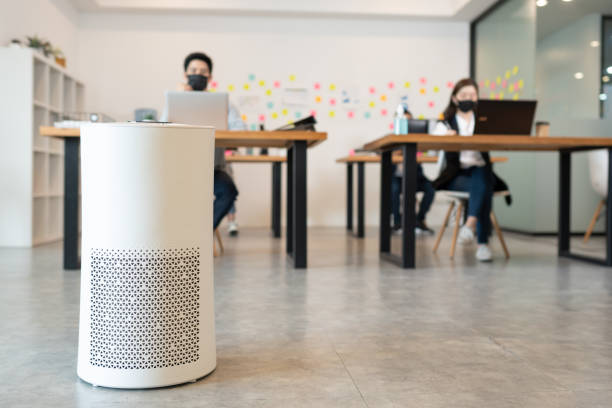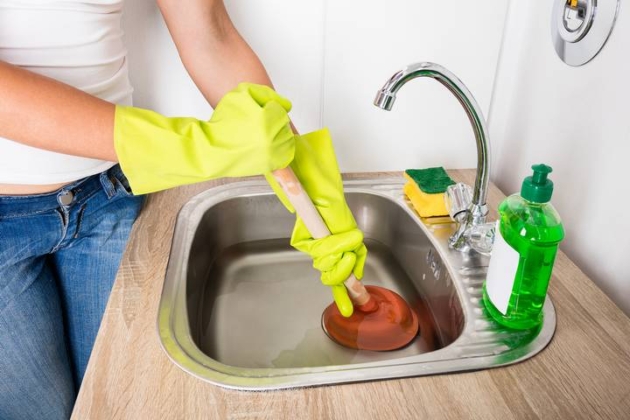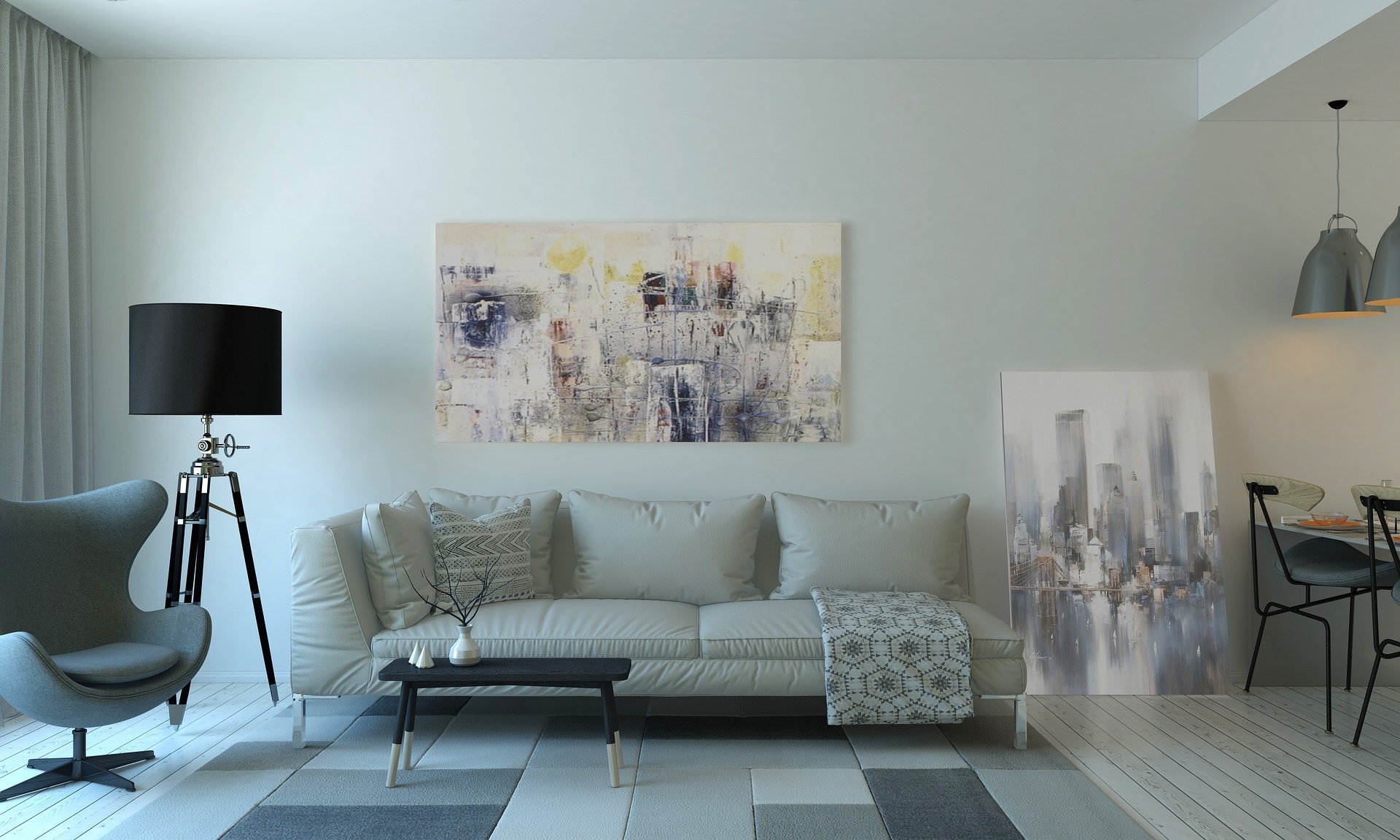Benefits Of Investing In HEPA Air Purifiers For Your Home

The positive effects of air purifiers on human health have been extensively studied. One of the most underappreciated lifehacks is to use a HEPA air filter at home to lessen the impact of air pollution. This post will show six ways a HEPA air purifier is good for your health. These advantages are not merely the product of wishful thinking on the part of a purifier firm looking to make a buck; they are supported by solid scientific evidence.
HEPA air purifiers are beneficial to your health.
The HEPA filter in modern air purifiers is regarded as the industry standard. Airborne pollutants, including viruses, allergies, and PM2.5 (related to several illnesses), may be effectively removed from the environment with a single pass through a HEPA filter. Six of the most significant health advantages HEPA air purifiers provide are the following.
Reduces Diabetes Risk Significantly
Diabetes risk is significantly correlated with PM2.5 levels, according to the research. It has been shown that using HEPA air purifiers and masks can significantly lower one’s risk of developing diabetes.
Benefits blood pressure
Lessening one’s exposure to air pollution has been shown to reduce blood pressure considerably. Blood pressure was shown to be reduced with as little as a reduction in PM2.5 from 11 micrograms to 7 micrograms.
Boosts Efficiency
Workplaces are also vulnerable to the adverse effects of air pollution, just like homes are. A Harvard research found that subpar indoor air quality hurt workers’ ability to think clearly and do excellent work. Using a high-efficiency particulate matter (PM2.5) air filter in the workplace has increased productivity and decreased sick days.
Reduces the impact of asthma attacks
Pollen, dust mites, mould spores, and other allergens are no match for a HEPA filter. HEPA filters have been shown in studies to reduce asthma symptoms significantly.
Instant anti-inflammatory effects.
As a result of using a HEPA air purifier, you can lower your levels of inflammation. In just 48 hours, air purifiers were shown to lessen inflammation.
Odours can be reduced with the use of air purifiers.
Some aromas, like freshly made cookies or the refreshing perfume of spring in the air, maybe pleasant in the home, while others may be cause for concern. Stale pet or laundry odours may permeate a room and be challenging to eradicate. Various air purifiers exist to eliminate allergies and unpleasant odours from the air in and around your house.
Purifiers may significantly reduce the spread of infectious diseases.
HEPA filters are used in air purifiers to remove harmful particles from the air. This air purifier function is especially effective when fresh outdoor air cannot be brought in through other means, such as a lack of windows or bad air quality outside. Some air purifiers contain technology that can filter out particles as small as.01 micrometres in diameter.
Bedtime is better with an air purifier.
Lots of folks can’t get to sleep unless they have some white noise playing in the background. Most air purifiers are unobtrusive, but they provide a soothing sound, similar to the ocean, which is excellent for falling asleep. Pink noise, similar to white noise but with somewhat less intensity, is produced by air purifiers. With time, your ears will adjust to the higher frequencies of pink noise, and you may not even notice it.
To eliminate bacteria and viruses, you can use an air purifier.
Having access to an abundance of germicides is crucial in today’s environment. Most air purifiers function to remove pollutants and toxins from the air, but air purifiers using UV light may capture microorganisms and kill them far more quickly and efficiently. Ultraviolet light purifiers offer an additional layer of protection for your family, working to eliminate germs rather than just filtering them out, whereas standard air purifiers only filter them out.





